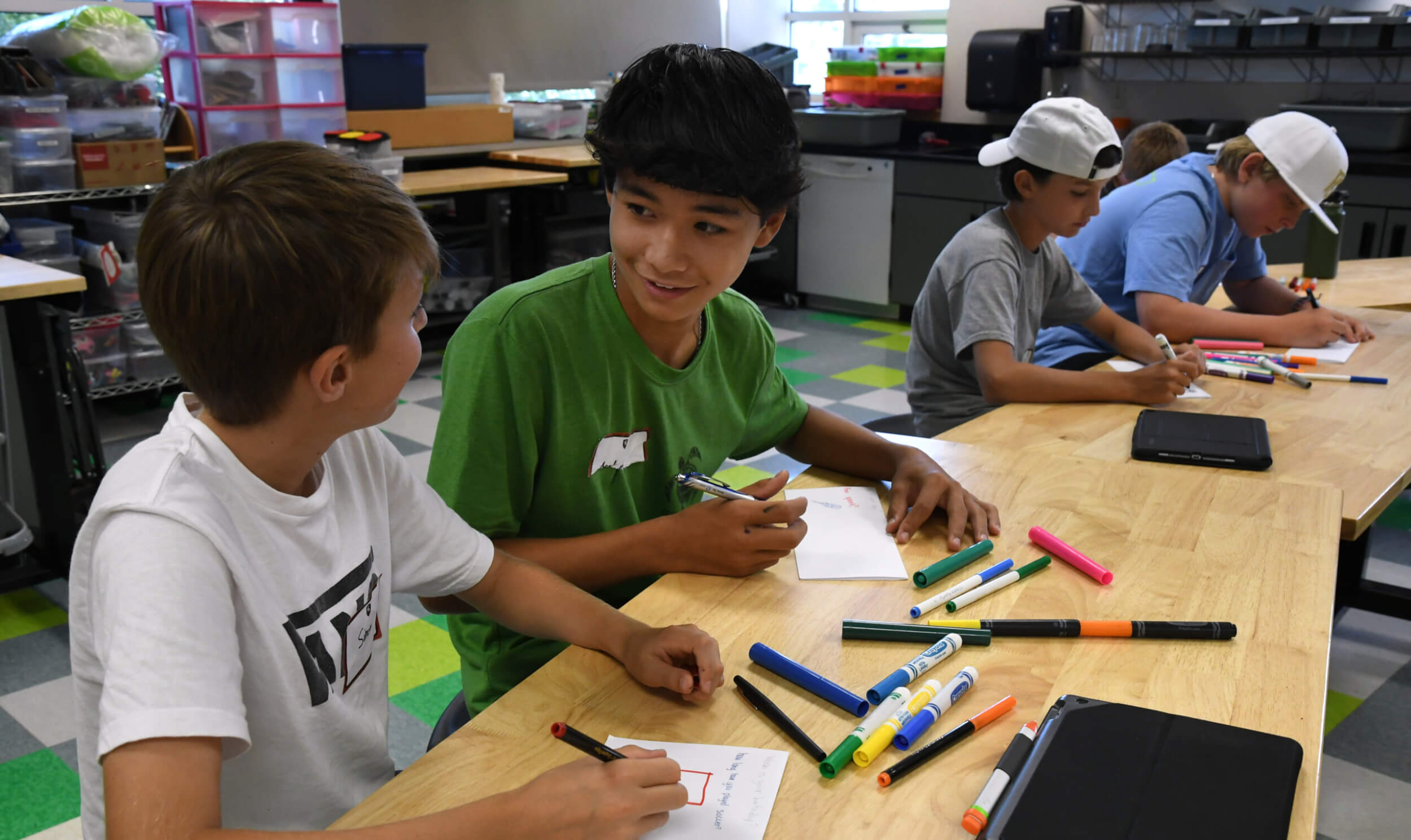I recently read two different articles that got me thinking. The first, from the New York Post, outlined the increase in loneliness Americans are experiencing and the reduction in friendships adults apparently have today. A particularly striking statistic was that 49 percent of adults reported having fewer than three good friends, with 12 percent reporting they had no friends, and 47 percent reporting that they lost touch with at least one friend in the past 12 months. (Cost, Ben. “Americans Have Fewer Friends than Ever Before: Study.” New York Post, July 27, 2021.)
The second article in the Washington Post pointed to this “friendship decline” by charting time spent with friends each week. According to the study, time spent with friends was relatively stable between 2010 and 2013 at 6.5 hours per week, but then in 2014 started to decline. By 2019, the amount of time spent with friends was only four hours per week, and that was before the pandemic struck. By the end of 2021, it was two hours and 45 minutes, a decline of 55 percent. (Ward, Bryce. “Americans Are Choosing to Be Alone. Here’s Why We Should Reverse That.” Washington Post, November 23, 2022.)
To be fair, since the height of the pandemic, the amount of time with friends has increased slightly; still, when you put these two statistics together, it is not a positive trend for Americans, as friendship, close friendship in particular, is associated with all sorts of positive benefits. Among the many benefits listed by the Mayo Clinic are:
- Increasing your sense of belonging and purpose
- Boosting your happiness and reducing your stress
- Improving your self-confidence and self-worth
- Helping you cope with traumas, such as divorce, serious illness, job loss, or the death of a loved one
- Encouraging you to change or avoid unhealthy lifestyle habits, such as excessive drinking or lack of exercise
Of course, having fun together ranks close to the top of my unofficial and unresearched list of friendship’s virtues.
I bring this to our collective attention as a reminder that how we model prioritizing our children’s education and our family matters greatly, AND so does modeling for our children the value we place on making and maintaining strong friendships—friendships that help us through the good times and bad, friendships that enrich and add joy to our lives.
On the school side, CA believes that students and our community will benefit from developing the skills needed to be kind and courageous. We want students to be able to collaborate effectively and navigate successfully the increasingly complex middle school social world, while building sustaining friendships along the way. As a program, we intentionally do much more than simply put students in groups in hopes that they will learn to work together; instead, we support students in learning the skills necessary to play different roles in groups (leader, facilitator, idea generator, monitor, etc.) so that the outcome is improved. Similarly, our advisory program emphasizes helping students become part of a community, knowing the responsibilities and rewards that come with it. We also intentionally teach and practice skills associated with healthy relationships: growing empathy, understanding emotions, and giving and receiving feedback constructively.
Ultimately, we are hoping that students over time develop the academic and interpersonal skills that will allow them to lead productive and purpose-full lives. We also are hoping that these lives will be filled with important and sustaining friendships, the kind of friendships which will last a lifetime.
